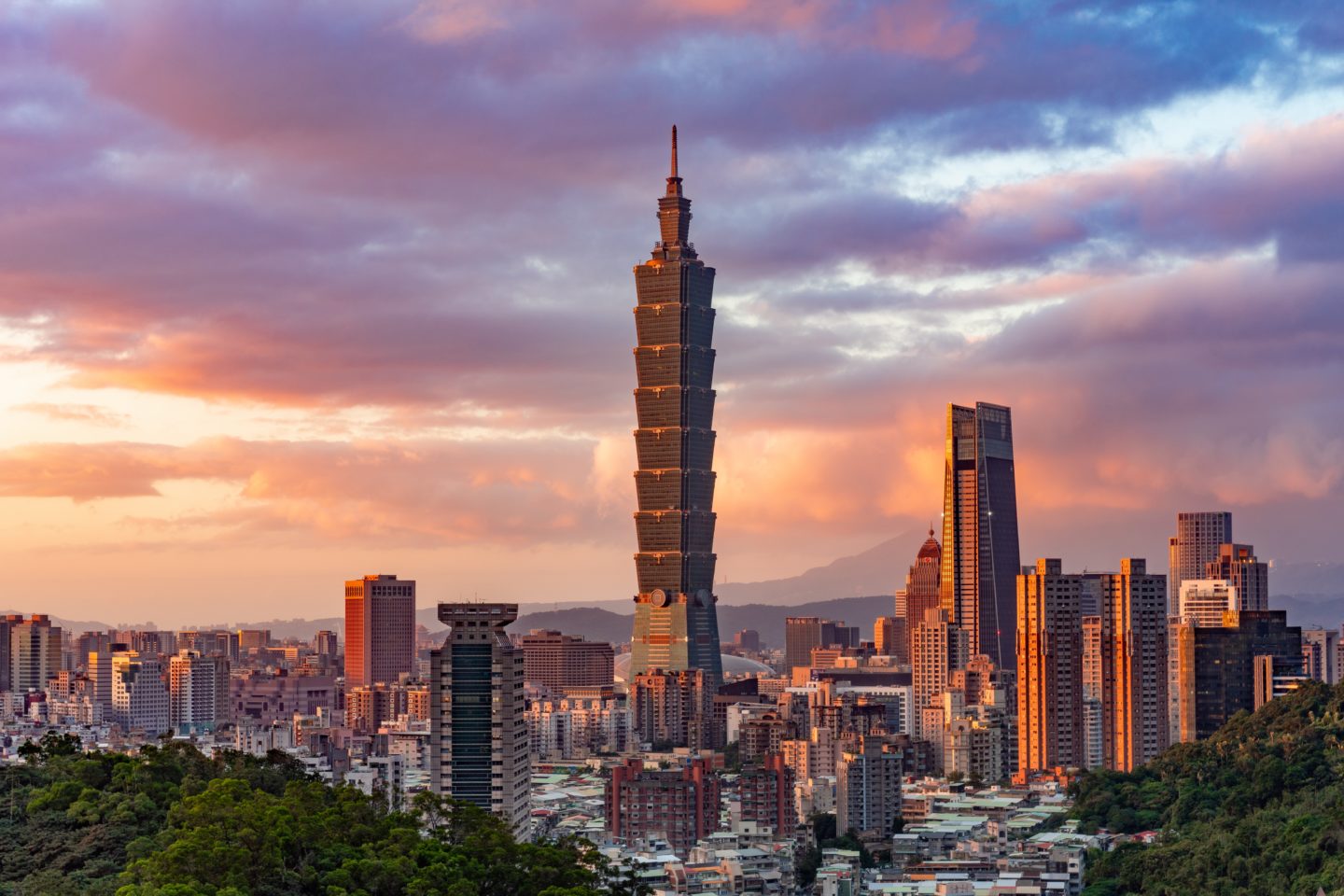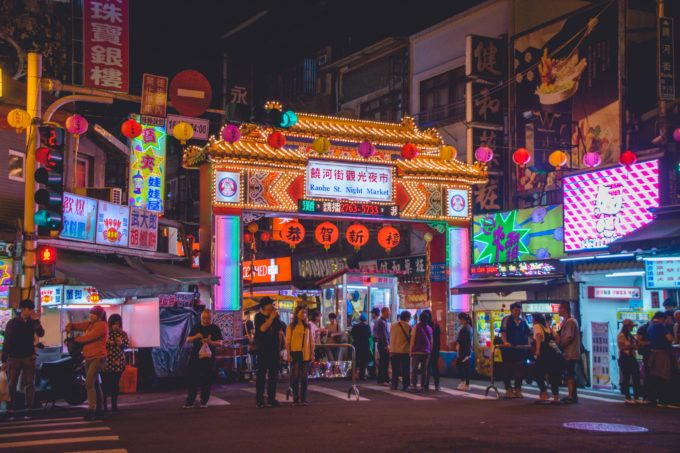
“We were so scared of our IPO”: Leaders Unplugged with former On-CEO Marc Maurer
Marc Maurer shares how ON grew from startup to IPO by defying hype, focusing on purpose, and leading with humility in this candid Leaders Unplugged episode....

by David Bach, Carlos Cordon, Patrick Reinmoeller Published January 11, 2023 in Leadership • 5 min read
This time last year, organizations were keen to know when the COVID-19 pandemic would end. By February, Russia had launched an invasion of Ukraine, worsening already high inflation and supply chain bottlenecks. The war also shook financial markets and increased the risk of global recession. After a turbulent 12 months of economic reordering, this year could herald even greater upheaval for businesses, according to predictions offered by IMD experts.
The three-decade era of globalization is about to go into reverse, and inflation, while peaking, is going to be sticky on the way down and will remain above central bank targets, IMD professors believe. Also, a reckoning is coming for capitalism and a recession is going to be bad for progress on sustainability goals, faculty said.
Some of last year’s forecasts proved accurate, such as the rise in the price of carbon in the EU’s emissions trading system, as predicted by Professor of Finance Karl Schmedders. Our academics were also correct in predicting that monetary policy would tighten, with central banks around the world increasing interest rates last year, ending the flow of cheap money.
However, the supply chain pressures that snarled global trade throughout 2021 eased last year, while many expected them to persist. Still, scenario planning is likely to remain a valuable and strategic tool for organizations to make flexible, long-term plans. The practice can help companies prepare for unexpected events in turbulent times.
The exercise suggests that politics is trumping economics in the vital strategic decisions that corporate leaders need to make against the backdrop of market turmoil and a rapidly worsening economic outlook, according to David Bach, Professor of Strategy and Political Economy and Dean of Innovation and Programs.
“The decisions will be based just as much on whether the outcome enhances or diminishes national security and our dependence on foreign countries as it will be about cost,” said Bach, citing recent investments in renewable energy and the reshoring of global supply chains as examples. “That shift is going to shape the opportunities and risks that business leaders are going to face.”
We are now going to be in a world in which politics has primacy- David Bach
He expects a slowdown in globalization driven by tensions between the US and China and the invasion of Ukraine by Russia. Bach says few executives have experienced these conditions during the arc of their leadership career and are unprepared for what may lie ahead.
“Most executives have spent most of their careers in a world in which you make decisions about where you source, who you partner with, and where you distribute with some economic rationality in mind,” he explained.
Some companies will need to look at rethinking their strategy, which has revolved around outsourcing functions to cut costs, he adds. “Companies that build resilience into their supply chains and can explain compellingly to stakeholders what they are about are the ones who are going to do better than those who came up in a world in which politics was background noise, money was cheap, and exchange rates were stable.”
Carlos Cordon, Professor of Strategy and Supply Chain Management, says that rising tensions between Taiwan and China could lead to the creation of trade barriers. That would have severe economic consequences given how much the world depends on Taiwan for semiconductors and on China for manufacturing.

“My expectation is that the trading between different economies in Asia is going to become increasingly difficult, with more restrictions and tariffs,” Cordon said. “This means value chains are going to adapt in a substantial way to this new economic order and develop an alternative to the products and components manufactured or bought in this part of the world.”
He adds that companies may need to take over the majority of the manufacturing if there are long-term barriers to trade, but those measures would take a substantial amount of time and be costly to implement. Therefore, this would drive up inflation.
Although there are signs that global inflation is peaking, Patrick Reinmoeller, Professor of Strategy and Innovation, does not expect pricing pressures to return to pre-COVID-19 levels in 2023. “Rising prices may become a new feature of the economy that lasts longer than anyone expects,” he said. Inflation is still at four-decade highs and Reinmoeller points out that governments are unleashing fiscal stimulus packages to protect consumers and businesses from the energy crisis in Europe.
In addition, some companies are experiencing significant disruptions to their manufacturing in China following an outbreak of COVID-19. Reinmoeller says any supply constraints could intensify inflationary pressure. Moreover, he says consumers who are anxious about shortages may choose to stock up on goods while they are available, further exacerbating inflation.
Growth in consumer spending has slowed in many parts of the world. Reinmoeller says this means companies are unlikely to be able to continue passing on costs to customers. “What they can do is substitute expensive resources with less expensive ones or focus on what is essential to their offering and scale down what is not. We may see a return to more basic versions of products, if not greater frugality.”
In addition, he says the cost-of-living crisis “will raise to many people’s attention the overlooked challenge of inequality that could disrupt not only the economy but its capitalist foundations”.
As firms find ways to reduce the pressure on their cost base, however, Reinmoeller believes this could detract from their focus on environmental, social and governance (ESG) goals in the year ahead. “A recession could hold back the investments necessary to protect stakeholders and the environment,” he said. “That could cost the economy resources that could otherwise be invested in innovation.”

Professor of Strategy and Political Economy
An expert in strategy and political economy, David Bach holds the Rio Tinto Chair in Stakeholder Engagement at IMD. Through his award-winning teaching and writing, Bach helps managers and senior executives develop a strategic lens for the nexus of business and politics.

Professor of Strategy and Supply Chain Management
Carlos Cordon is a Professor of Strategy and Supply Chain Management. Professor Cordon’s areas of interest are digital value chains, supply and demand chain management, digital lean, and process management.

Professor of Strategy and Innovation
Patrick Reinmoeller has led public programs on breakthrough strategic thinking and strategic leadership for senior executives, and custom programs for leading multinationals in fast moving consumer goods, telecommunications, pharmaceuticals, healthcare, and energy on developing strategic priorities, implementing strategic initiatives, and managing change. More recently, his work has focused on helping senior executives and company leaders to build capabilities to set and drive strategic priorities.

July 8, 2025 • by Alyson Meister, Marc Maurer in Leadership
Marc Maurer shares how ON grew from startup to IPO by defying hype, focusing on purpose, and leading with humility in this candid Leaders Unplugged episode....

July 7, 2025 • by Richard Baldwin in Leadership
The mid-year economic outlook: How to read the first two quarters of Trump...

July 4, 2025 • by Arturo Pasquel in Leadership
Susanne Hundsbæk-Pedersen, Global Head of Pharma Technical Operations at Roche, shares how she has navigated the various pivots in her career, and the importance of curiosity, optimism and energy. ...

July 3, 2025 • by Eric Quintane in Leadership
Entrepreneurial talent who work with other teams often run into trouble with their managers. Here are ways to get the most out of your ‘boundary spanners’...
 Audio available
Audio availableExplore first person business intelligence from top minds curated for a global executive audience